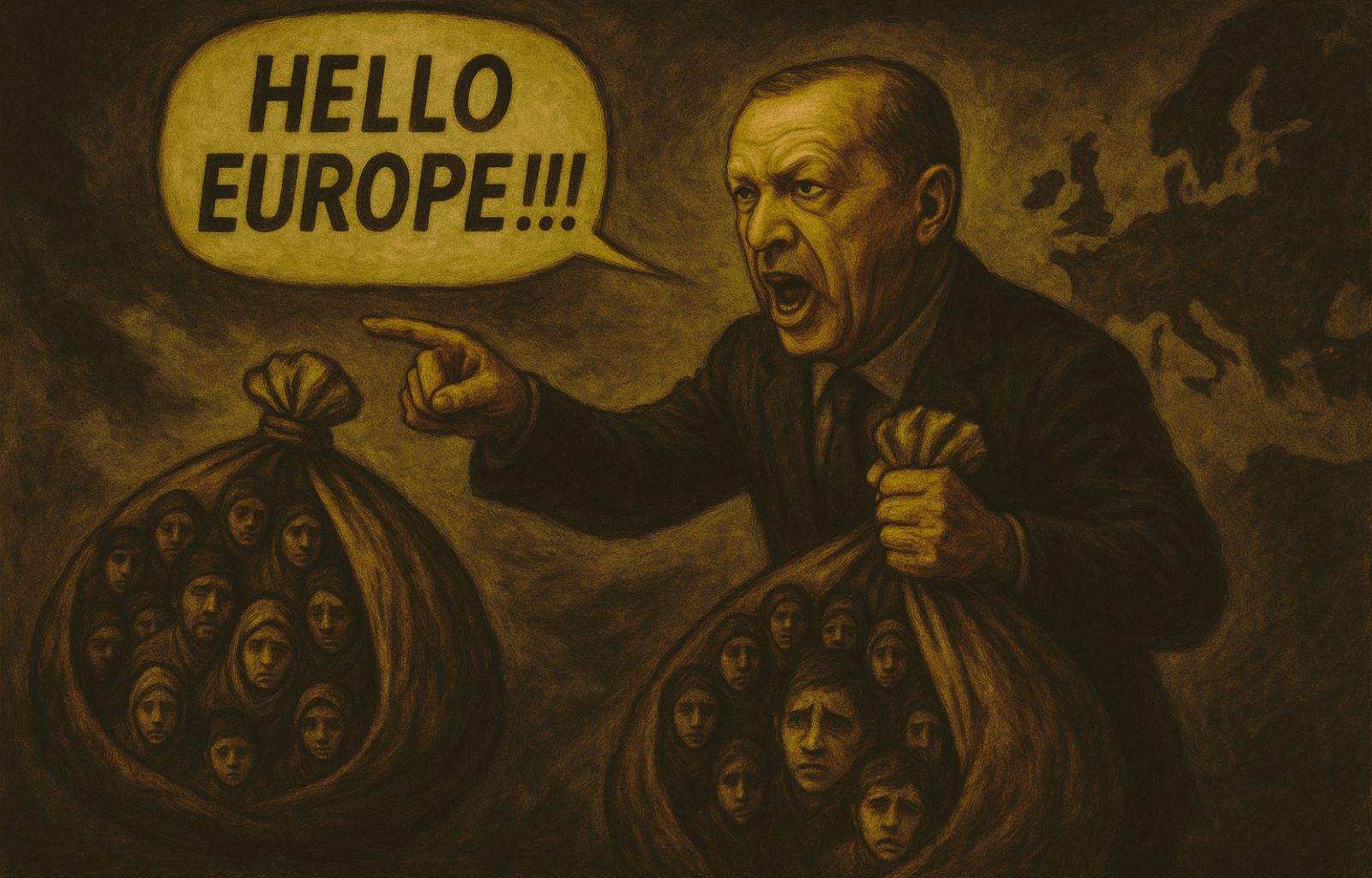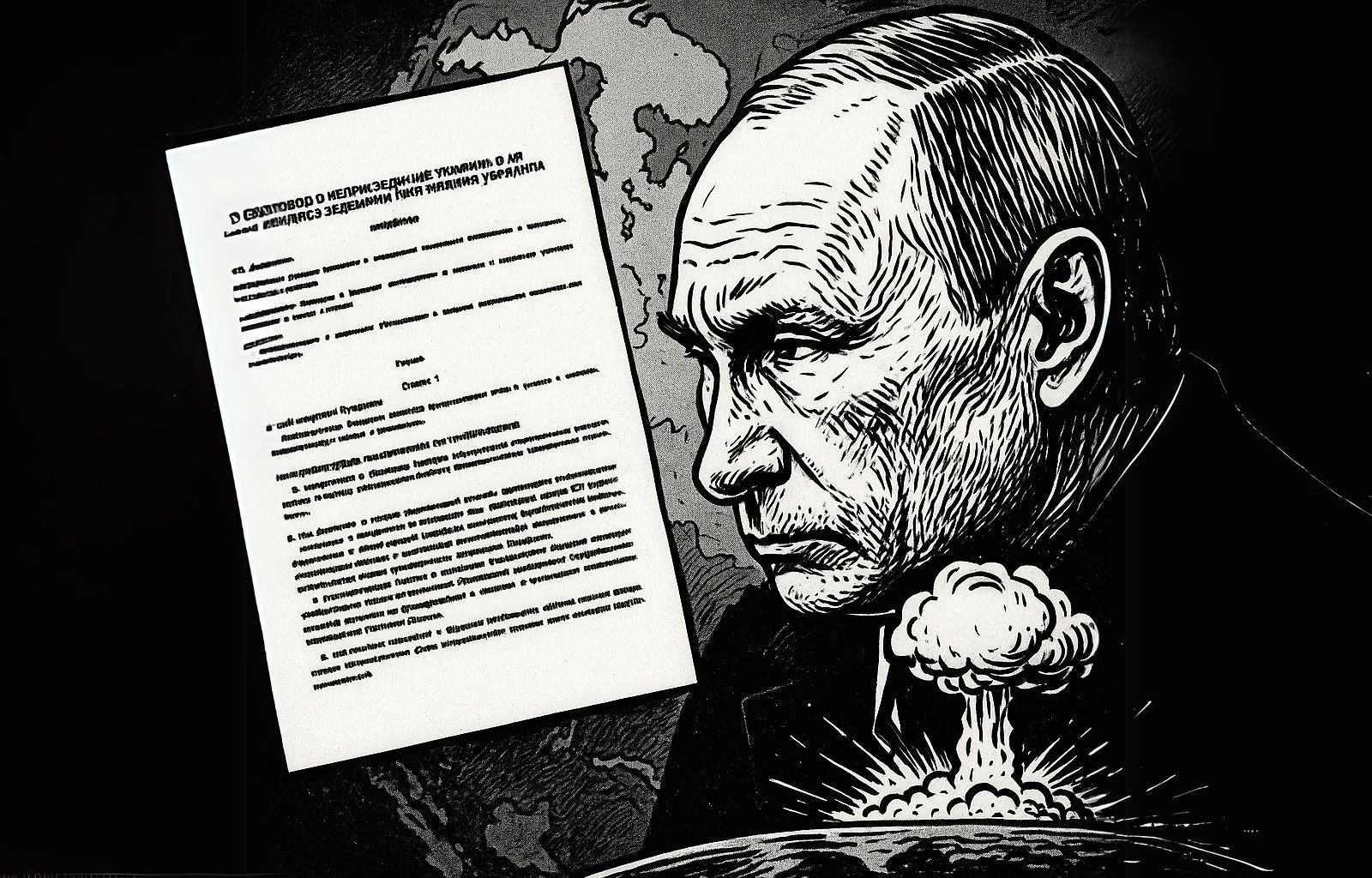Magnette: proportional system to avoid the Italianisation of French politics

‘The rule of the French political game makes parliamentary democracy very difficult’. This is the view of Paul Magnette, president of the Belgian Socialist Party and professor of political theory at the Université libre de Bruxelles, in an interview with Le Monde about the ongoing political-institutional paralysis in France. According to Magnette, the current French political situation, characterised by the absence of a clear parliamentary majority, highlights a deep disconnect between the French institutional system and the needs of a functioning parliamentary democracy.
The crisis of the ‘culture of compromise
France, historically tied to a two-round majority system, now finds itself in a political situation similar to that of European parliamentary democracies. With the erosion of the ‘majoritarian fact’ and the need for parliamentary coalitions to govern, a crisis of political culture based on compromise is emerging. Magnette points out how the French system, centred on the direct election of the president and a strong personalisation of power, hinders collective work and negotiation between parties.
The Belgian political scientist criticises the inability of the French political class to adapt to this new reality. The parties, often structured as ‘stables’ at the service of charismatic leaders, lack social roots and stability, fundamental elements for the functioning of a parliamentary democracy.
The impact of the electoral system
The two-round majoritarian system is at the heart of the problem. It favours direct competition between political blocs and penalises alliance building, which is indispensable in a parliamentary system. Magnette compares this situation to a football player forced to abide by rugby rules: ‘Not impossible, but extremely complicated’. A possible introduction of proportional representation in legislative elections could favour greater representativeness and stability, allowing parties to work together without the fear of being penalised in presidential elections.
The Nordic model as a possible solution
Magnette suggests that, in the absence of electoral reform, France could be inspired by the Nordic models: proportional system and parliamentarianism. In these systems, minority governments also have a better chance of success, because they are based on parliamentary collaboration and the constant need for social dialogue.
A crisis of confidence in institutions
The French president’s recent choice to entrust the government to a right-wing figure, indirectly supported by the extreme right, is seen by Magnette as a ‘denial of democracy’. A coherent response to the current situation would have been, according to him, the appointment of Lucie Castets, a consensus figure of the New Popular Front, to form a left-wing government based on parliamentary majorities. The failure to build a true coalition government has fuelled the crisis of public confidence in French institutions.
The risk of Italian-style bipolarisation
Without a change in the ‘rule of the game’, Magnette fears that France could slide towards a bipolarisation similar to Italy, with a single right-wing bloc including the extreme right. This prospect would, according to the socialist leader, be detrimental to democracy and social cohesion.
Paul Magnette’s reflection is an invitation to rethink the institutional foundations of France – and perhaps Italy, by extension – to adapt them to the current political reality. Only through a profound change in electoral rules and a new culture of compromise will it be possible to overcome the crisis of parliamentary democracy and re-establish trust in institutions.











